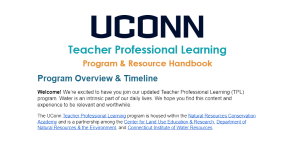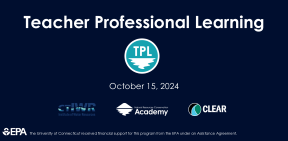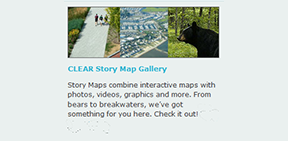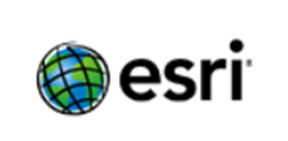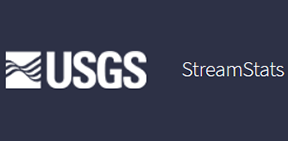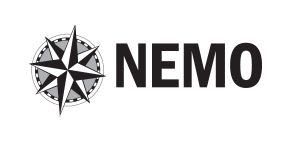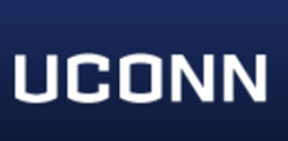
Teacher Professional Learning
Professional development workshop for middle and high school teachers that engages participants in stormwater management and green infrastructure curriculum relevant to their community through the use of online mapping and modeling tools.
About TPL
We've rebooted our Teacher Professional Learning (TPL) program, thanks to a grant from the Environmental Protection Agency! Below are the timeline and general overview of the new version of the program.
Fall/Winter 2024
Educators will receive professional development training focused on stormwater management and green infrastructure. UConn faculty will support educators as they carry out the curriculum in their classrooms.
Students will use a watershed-modeling web app to analyze real land use and soil data in their neighborhoods, model stormwater runoff and water-quality impacts, and compare how different conservation or development scenarios could modify runoff and water quality.
Spring 2025
Participating school groups from target towns (Bloomfield, Hartford, and Windham) will then be guided through planning and implementing local green infrastructure projects either on their school property or in the nearby community.
Local projects will 1) include planting trees, rainwater harvesting, building/installation of planter boxes, bioswales, rain gardens, green roofs, and/or permeable pavements and 2) be explicitly connected to lessons that introduce students to green careers.
TPL was originally formed under the partnership of faculty from UConn's Center for Land Use Education & Research (CLEAR), Department of Natural Resources & the Environment, Center for Environmental Sciences and Engineering (CESE), and Neag School of Education. We're also excited to now include the Connecticut Institute of Water Resources among our amazing partners.
Learn more about TPL 2.0 in UConn Today...
And check out our new page focused on Green Careers!

Training [TPL 1.0]
The theme of TPL is water, weaving in all three dimensions of the Next Generation Science Standards (NGSS) framework: core ideas, key practices, and cross-cutting concepts. TPL focuses on the connections between land use and water resource health. We start globally but quickly narrow in on Connecticut. Concepts are explored in the classroom but also in a half-day field tour of the UConn campus, which is known for its innovative stormwater management practices. Participants are taught how to use existing online mapping tools to explore these concepts for themselves in ways that align with NGSS, and for their particular geographic area of interest. All participants leave the workshop with 10-15 lessons in a Water & Sustainability Unit developed by UConn Neag School of Education researchers and are aligned with the Performance Expectation bundles listed below.
- Earth and Human Activity (HS-ESS3-3, HS-ESS3-4)
- Ecosystems: Interactions, Energy, and Dynamics (HS-LS2-2, HS-LS2-6, HS-LS2-7)
- Engineering Design (HS-ETS1-3, HS-ETS1-4)
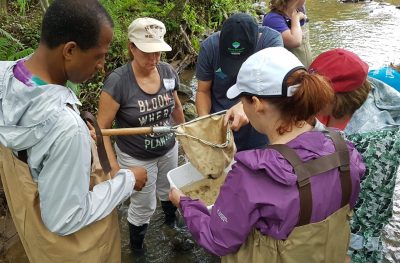
Day One
Starting at the global level, we quickly bring the issues down to the regional and local scale. We work in the classroom, carry out field activities, and visit campus sites that illustrate sustainability of water resources from a quality and quantity perspective.
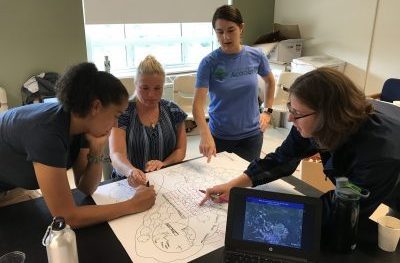
Day Two
The second part of the workshop focuses on the use of online mapping tools and models as a way to explore local water resources and connect them to larger issues. Participants explore maps and also make online maps of their own!
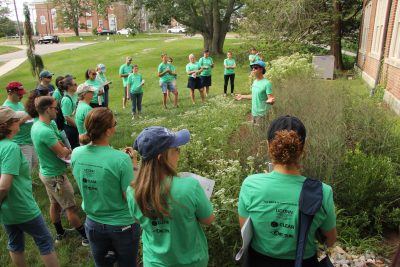
Day Three
On the last day, participants create a tailored water resources module to take back to their students based on templates provided by the instructors and designed to be locally-focused and to take advantage of their new skills.

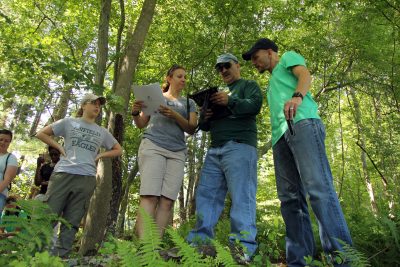
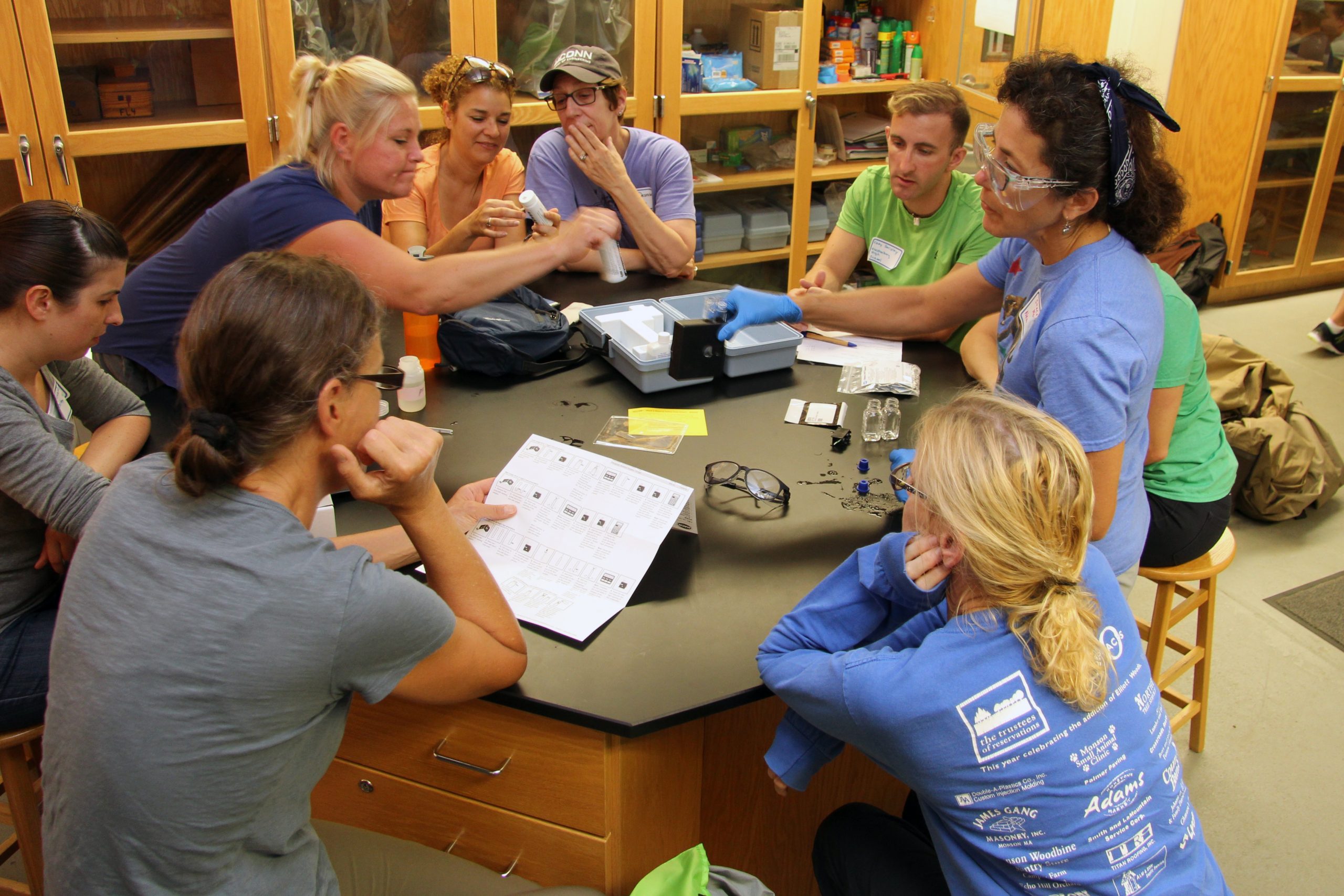
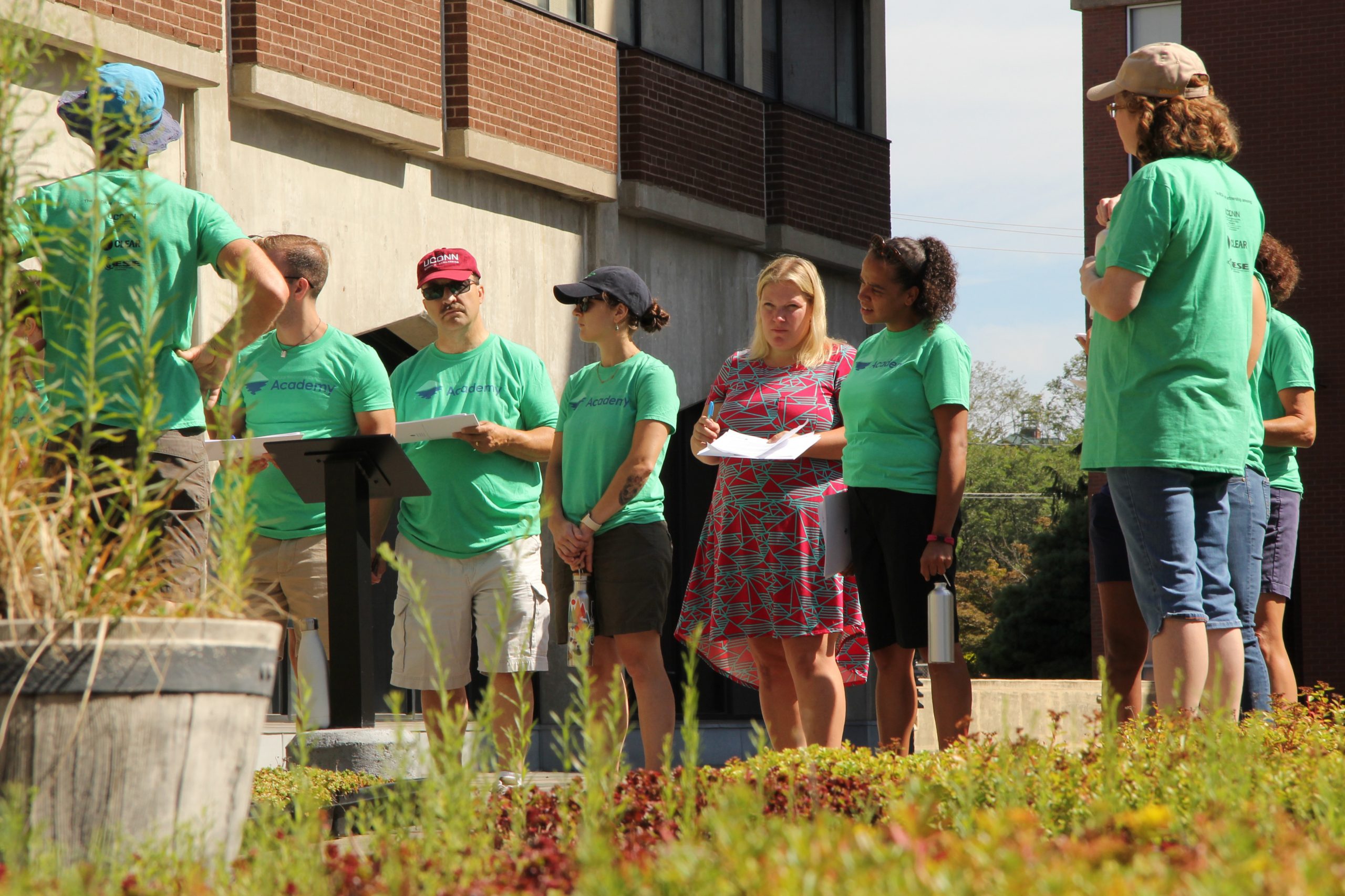

Program Resources
Websites & Online Tools
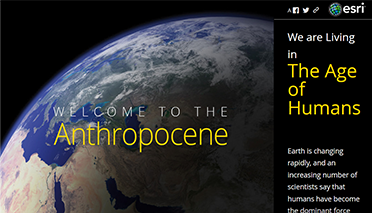
Living in the Age of HumansA series of stories examining the planet-wide impacts of human activities. |
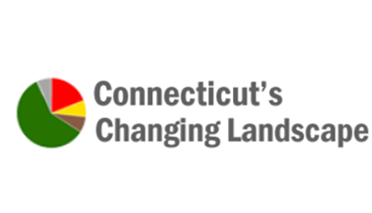
Connecticut's Changing LandscapeThis StoryMap contains interactive maps that let the user explore various aspects of landscape change in Connecticut. |
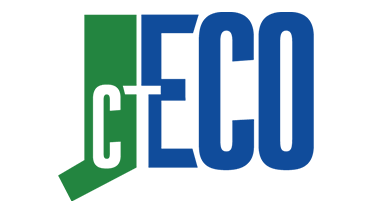
Connecticut Environmental Conditions OnlineCT ECO is an interactive mapping site that showcases all available statewide data layers related to natural resources and the environment. |
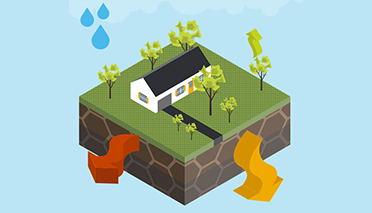
WikiWatershed Runoff Simulation ModelThis interactive simulation allows users to change parameters controlling stormwater runoff and understand the interplay of these factors. |
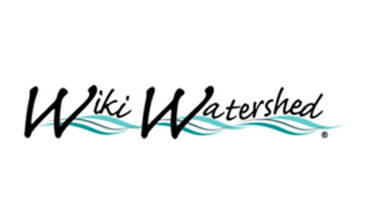 WikiWatershed Models Users can explore stormwater runoff quality and quantity in a given watershed or area of their choice. | 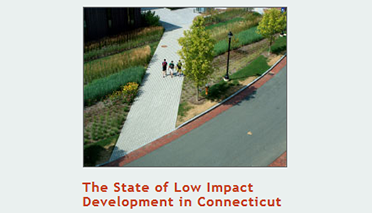
State of LID Story MapExplore the results of a statewide survey of the LID regulations in CT towns, and the major factors impacting the use of LID practices. |
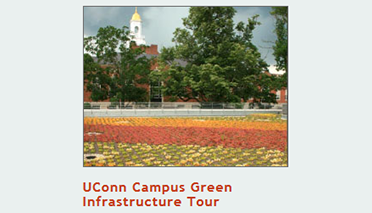
UConn Campus Green Infrastructure TourThis story map is a tour of the Green Infrastructure or Low Impact Development (LID) practices on the main UConn campus in Storrs. |
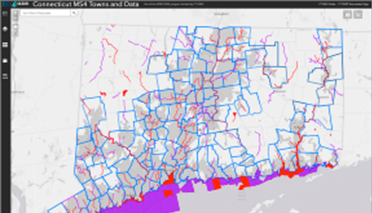
MS4 Map ViewerUse this map to find the impaired waters in your area and see how much impervious cover is in your town and your watersheds. |
Other Online Resources
|
|
|
|
|
|
|
|
|
|
Human Impacts on Local Water Resources (American Biology Teacher)
Access the full Unit Planning Template or individual lessons by day (cards below).

TPL At-a-Glance
47
Teachers
42
Schools
39
Towns












Name
Position/Title
Department/Affiliation
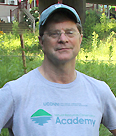
Chester Arnold
Extension Educator and CLEAR Director
Department of Extension; Center for Land Use Education and Research
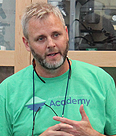
Todd Campbell
Professor of Science Education
Neag School of Education
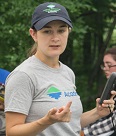
Cary Chadwick
Geospatial Training Program Coordinator
Department of Extension; Center for Land Use Education and Research
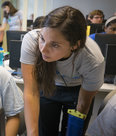
Laura Cisneros
Assistant Extension Professor
Department of Natural Resources & the Environment; Institute of the Environment
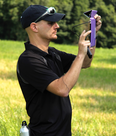
Dave Dickson
NEMO Co-Director and Mobile Mapping Educator
Department of Extension; Center for Land Use Education and Research
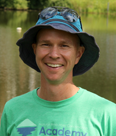
Michael Dietz
Water Resources Extension Educator and Director of the Connecticut Institute of Water Resources
Department of Natural Resources & the Environment
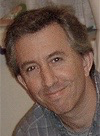
David Moss
Associate Professor and Director of Global Education
Neag School of Education
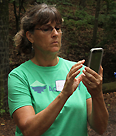
Laura Rodriguez
Doctoral Candidate
Neag School of Education
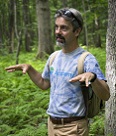
John Volin
Vice Provost for Academic Affairs and Professor
Office of the Provost and Department of Natural Resources & the Environment
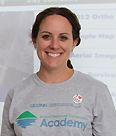
Emily Wilson
Geospatial Educator
Department of Extension and Center for Land Use Education & Research
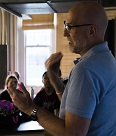
Michael Willig
Professor and Director
Department of Ecology and Evolutionary Biology; Center for Environmental Sciences and Engineering

Program Funding

NRCA’s Teacher Professional Learning (TPL) program is supported through an Assistance Agreement (#NE00A00834) awarded by the U.S. Environmental Protection Agency (EPA), as part of their Environmental Education Grants Program. The views expressed on this webpage are solely those of the University of Connecticut and EPA does not endorse any products or commercial services mentioned herein.
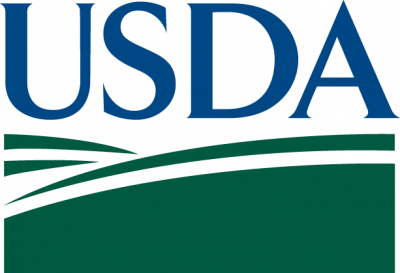
Previously, the Teacher Professional Learning program was supported by a grant (PD-STEP 2016-05148) from the USDA National Institute of Food and Agriculture (NIFA) Agriculture Food and Research Initiative Education and Literacy Initiative, as part of their Professional Development Opportunities for Secondary School Teachers program.
